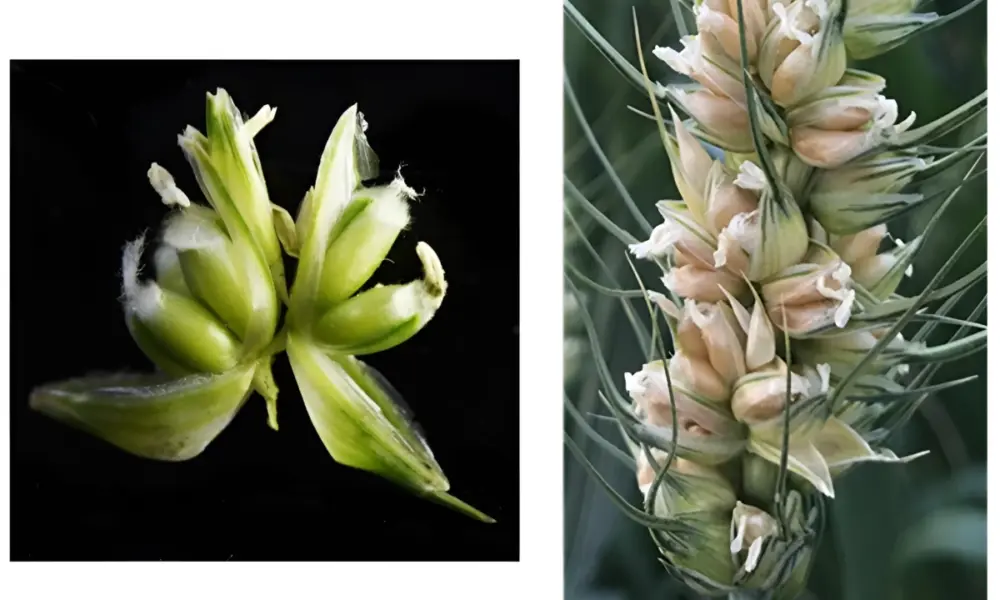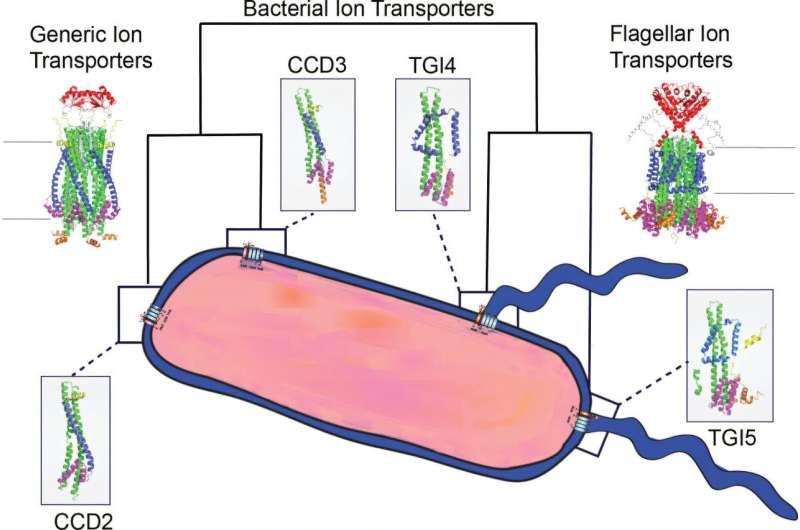A significant breakthrough in agricultural science could potentially triple grain yields from wheat plants, thanks to discoveries made by researchers at the University of Maryland. The research focuses on a rare genetic mutation known as Multi-Ovary Wheat (MOV), which allows each floret in the wheat’s seed head to produce up to three grains instead of just one. This advancement has the potential to revolutionize wheat production without requiring additional land, water, or fertilizer.
Traditionally, each floret in a typical wheat plant produces a single ovary, which develops into one grain. However, MOV plants exhibit a unique trait where the florets can bear multiple ovaries. This trait was not fully understood until now, as scientists have identified the genetic mechanism behind it. By meticulously mapping the DNA of MOV wheat and comparing it to that of standard bread wheat, the research team found that a previously dormant gene, known as WUSCHEL-D1 (WUS-D1), is activated in MOV wheat.
Unlocking Genetic Potential
The activation of the WUS-D1 gene enhances the tissue development responsible for producing additional female flower parts, such as pistils and ovaries. This discovery opens the door for agricultural scientists and plant breeders to potentially incorporate this trait into cultivated wheat varieties. According to Assoc. Prof. Vijay Tiwari, co-author of the study, “Pinpointing the genetic basis of this trait offers a path for breeders to incorporate it into new wheat varieties, potentially increasing the number of grains per spike and overall yield.”
The findings of this groundbreaking research were recently published in the Proceedings of the National Academy of Sciences. The implications of this work are profound, especially considering the increasing global demand for food production. By harnessing advanced gene editing techniques, researchers aim to enhance wheat yield further, addressing food security challenges worldwide.
Impact on Global Food Security
As the world faces rising populations and climate challenges, improving crop yields becomes critical. The ability to produce significantly more grain from existing wheat plants could have far-reaching consequences for food supply chains and agricultural practices. The potential to increase yields without the need for additional resources aligns with global sustainability goals.
This research not only highlights the possibilities within genetic engineering but also sets the stage for future studies that could further optimize crop production. If successful, the applications of this technology could extend beyond wheat to other staple crops, paving the way for a more secure food future.
In summary, the discovery at the University of Maryland represents a promising development in agricultural science, with the potential to transform wheat production and contribute positively to global food security efforts.







